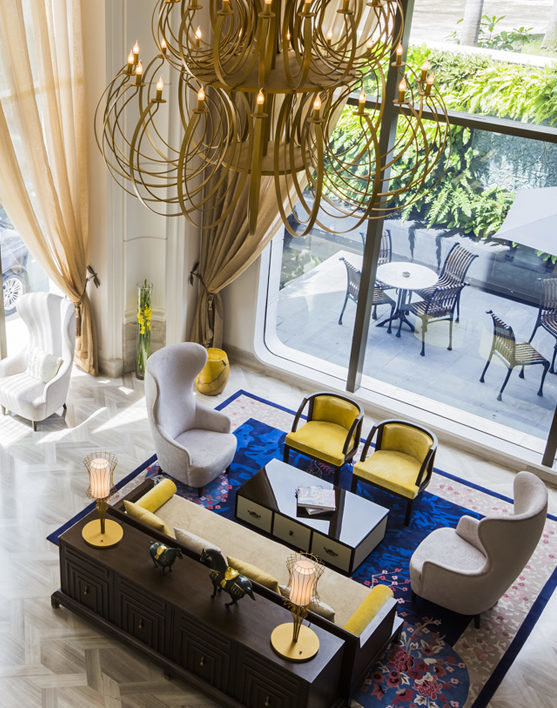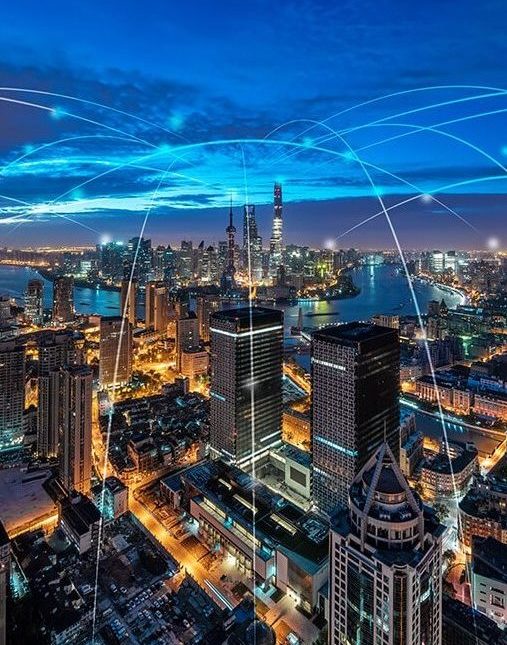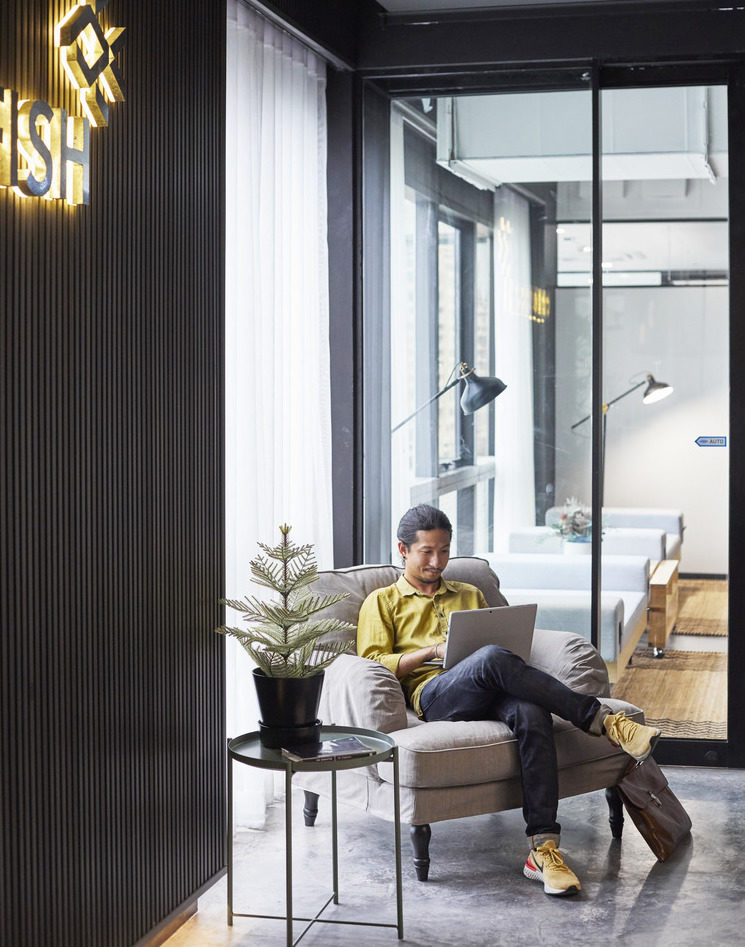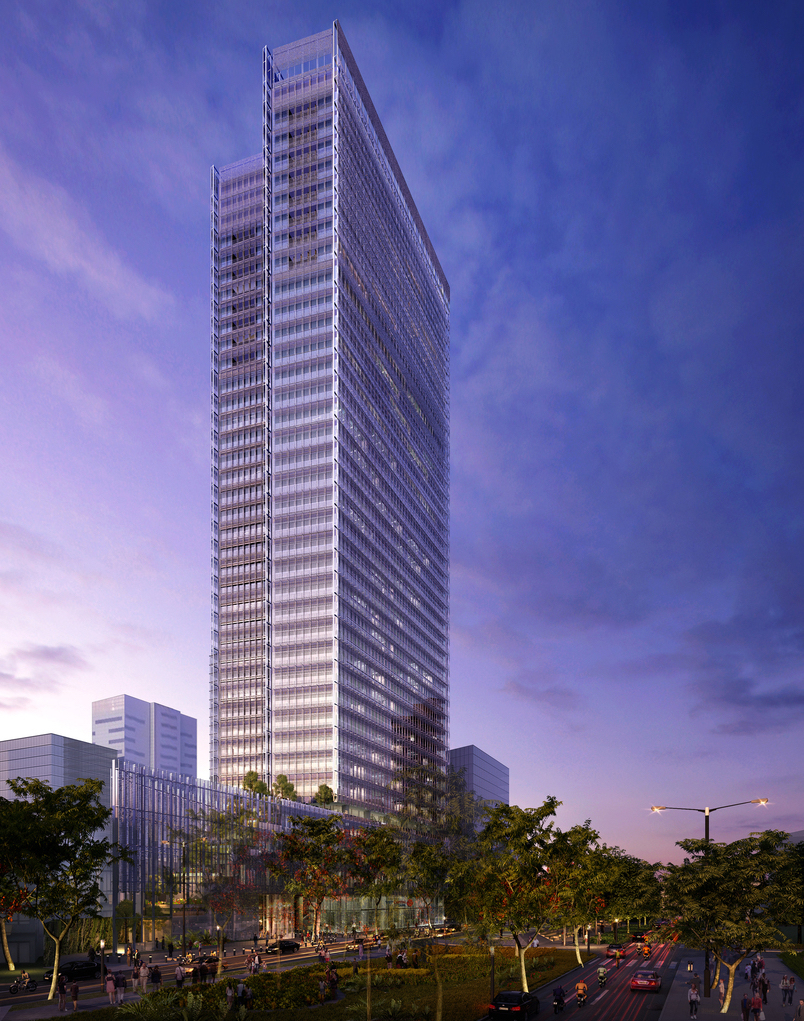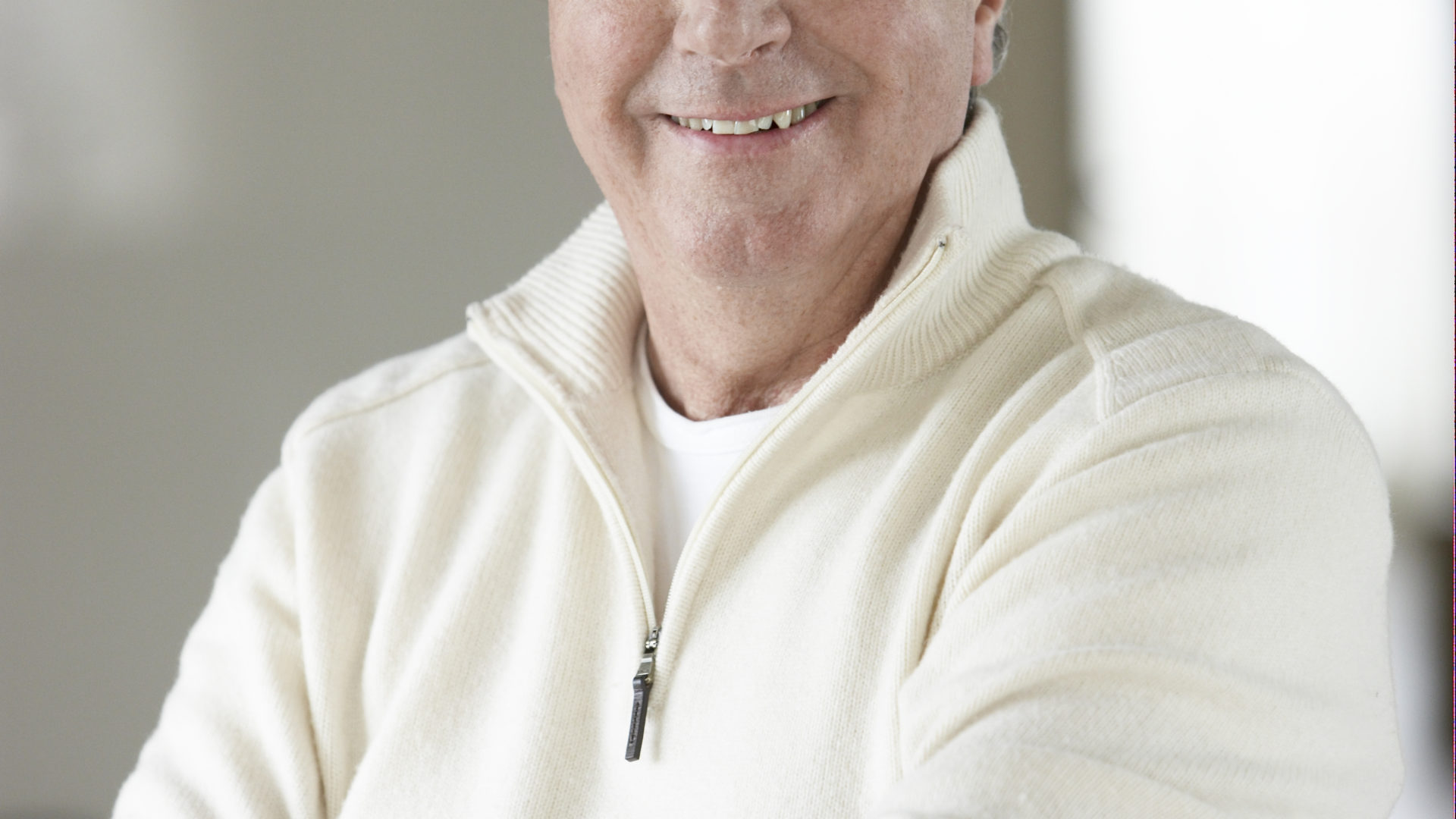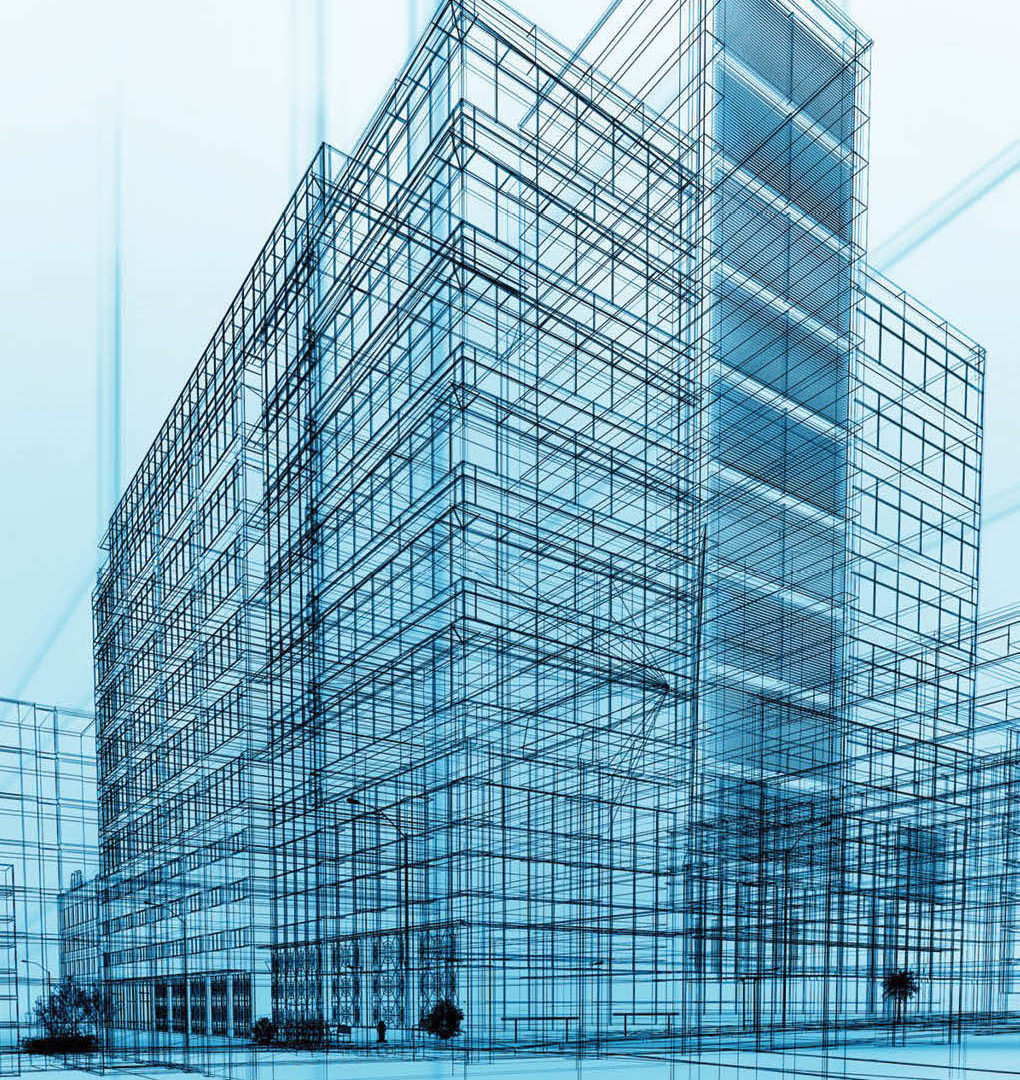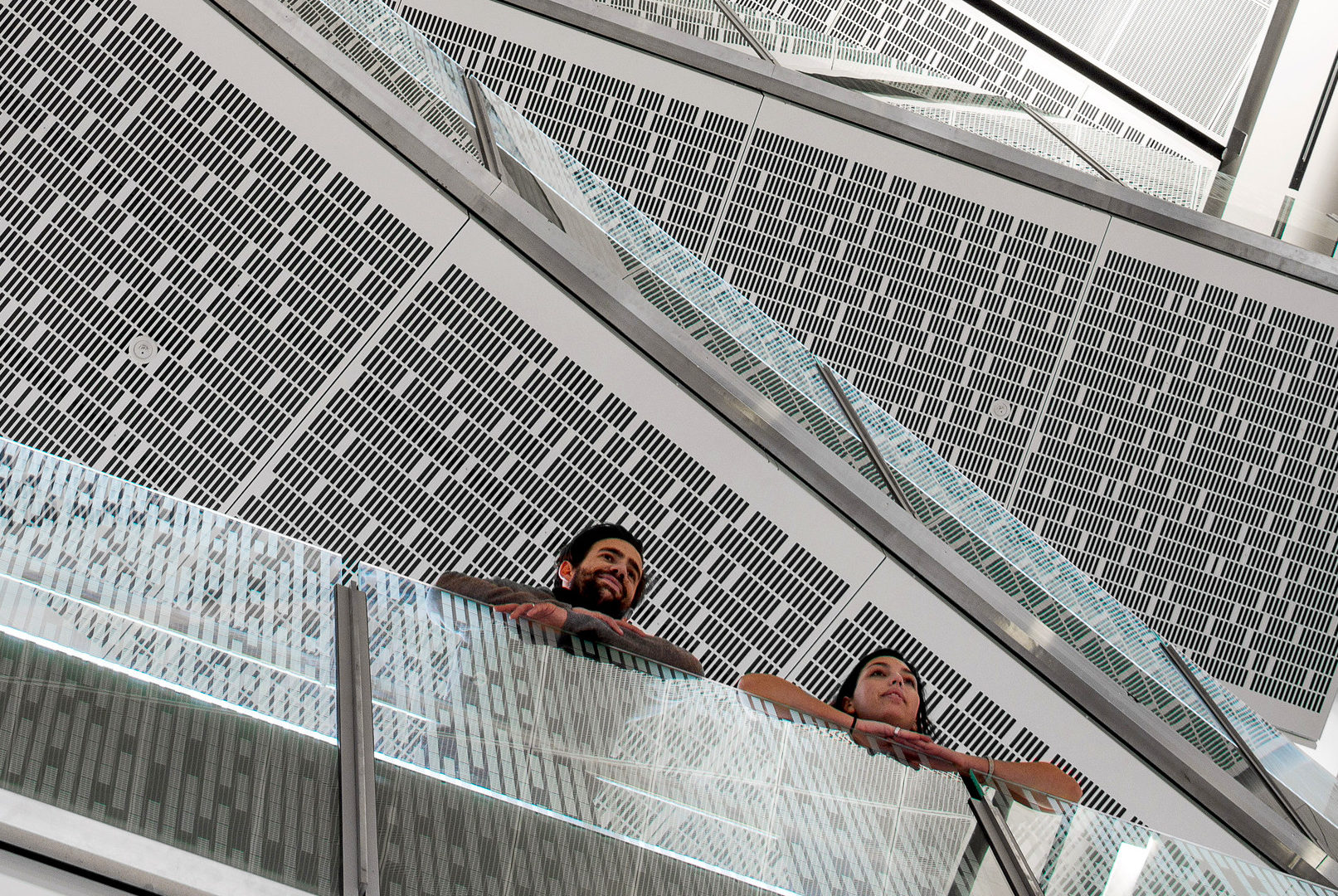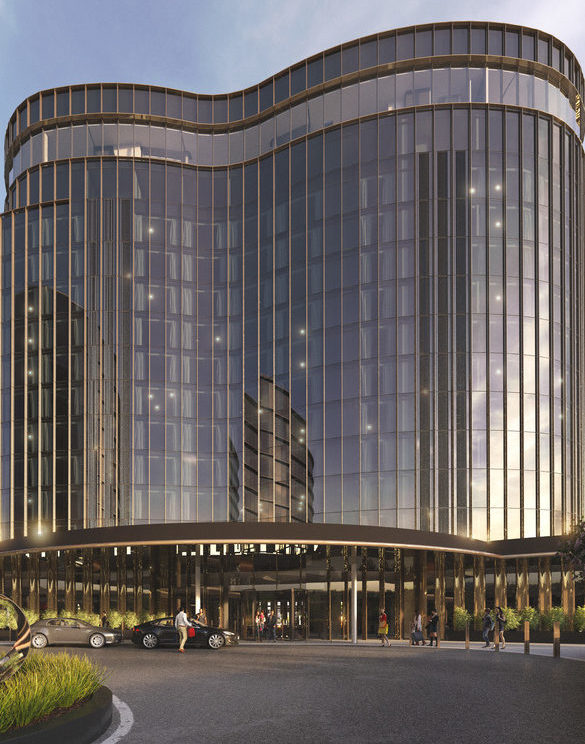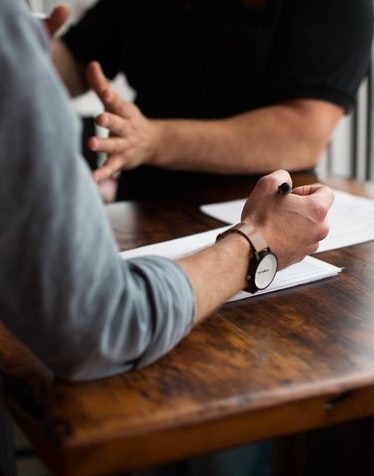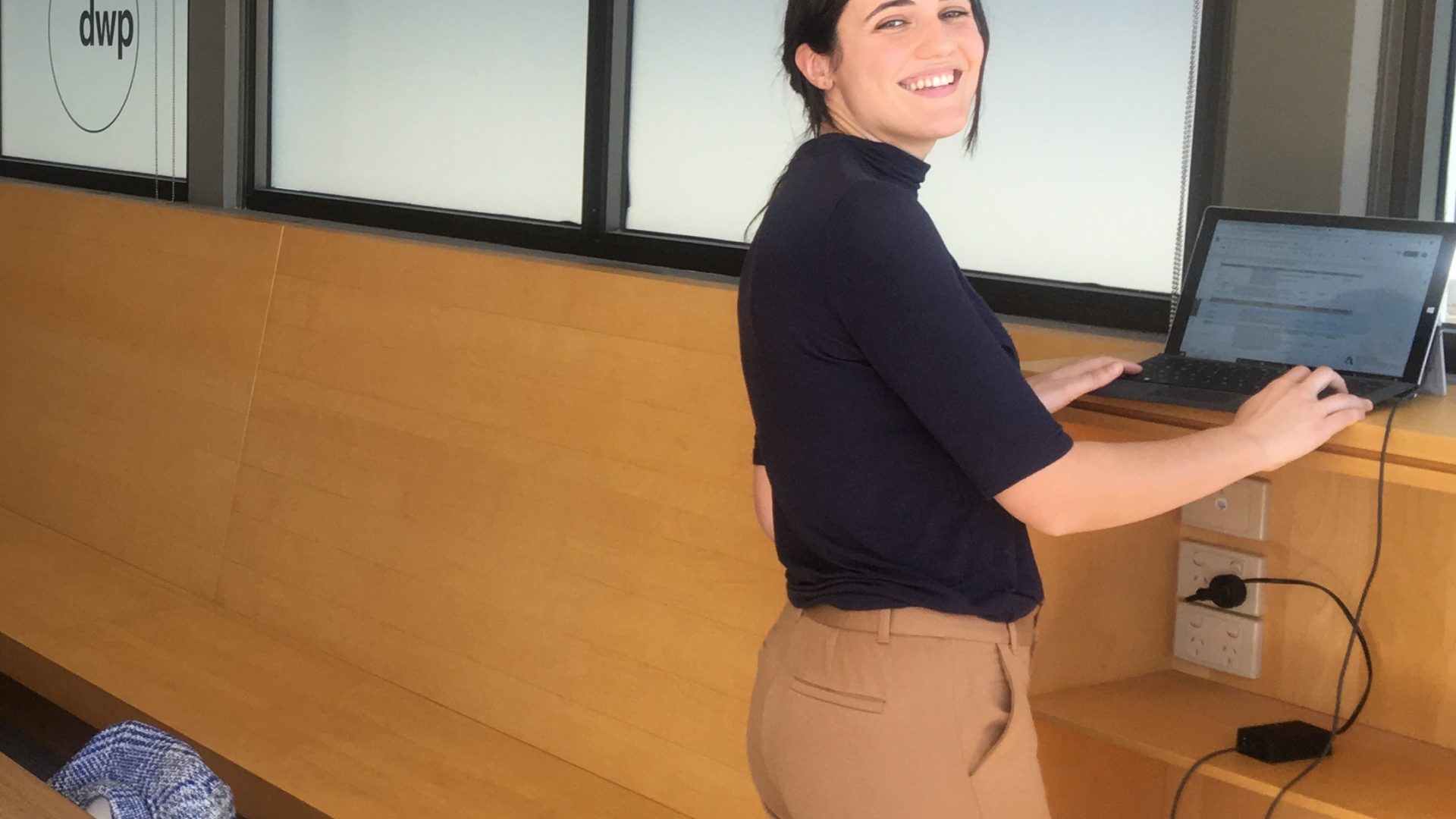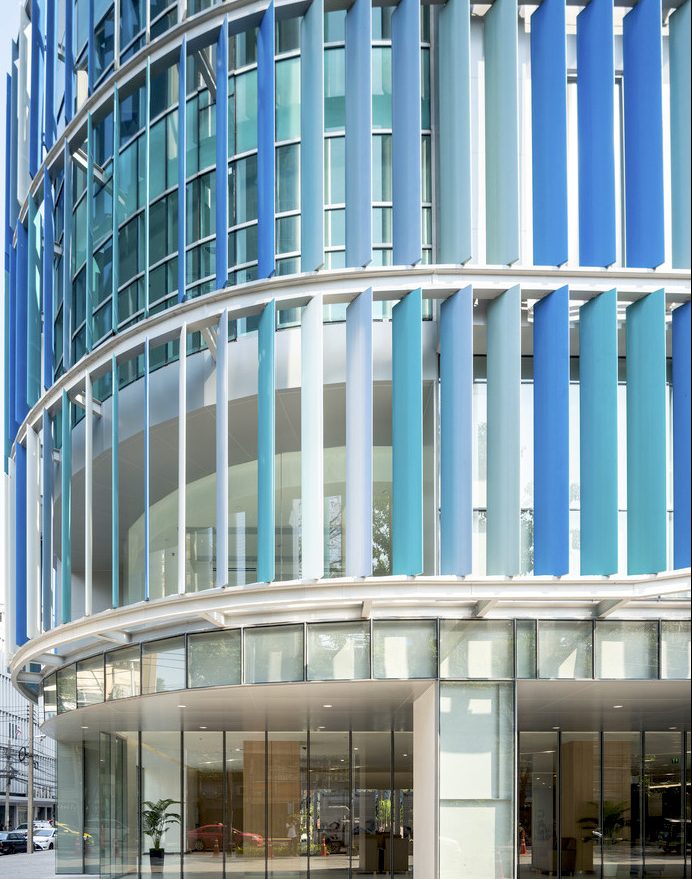The DNA of Experience: How Hospitality is Redefining Global Workplace and Residential Design
The core definition of luxury has shifted from quantifiable assets to intangible, tailored experiences—the ultimate luxury being time and effortless living. This change drives a convergence across sectors, where the experiential qualities once exclusive to five-star hospitality now define the standard for global premium design, making this shift a non-negotiable business imperative.
“The question we ask now is not what a space looks like, but how it makes you feel and how it serves your life,” says Scott Whittaker, Group Creative Director and Founder at dwp. “That’s the fundamental shift—from aesthetic statement to lived experience.”
At dwp, clients—from homeowners to corporate tenants—expect environments that are responsive, highly serviced, and deeply connected to well-being. This is the Hospitality DNA permeating all design. Implementing the Universal DNA of Experience, dwp ensures designs deliver enduring value, sophisticated functionality, and compelling emotional narrative.
The Seamless Shift: From Guest to Resident
Residential spaces are transforming into carefully crafted lifestyle environments. The demand is for personalised services and social amenities that mirror a luxury hotel stay. This manifests in residential designs that integrate spa/wellness facilities, private dining, and co-working lounges. The objective is blending private sanctuary with a social hub, ensuring every shared space feels exclusive and thoughtfully managed.
Projects like Supalai Icon Sathorn (Bangkok) and Sensia (Dubai) express this convergence clearly.
At Supalai Icon Sathorn, the vision crafts an urban sanctuary where luxury and sustainability coexist. Taking inspiration from natural landforms, the design uses fluid forms, warm copper tones, veined marble, and timber surfaces. Residents access hotel-quality amenities—rooftop pool, spa, co-working spaces, and private theatre—designed to foster well-being, community, and belonging within the city’s skyline.
“Residents don’t want to choose between home and hotel anymore,” explains Adriana Graur, Design Director at dwp. “They want the comfort of home with the service and amenity richness of hospitality. The challenge is making that feel effortless, saving the user time, which is the ultimate luxury.”
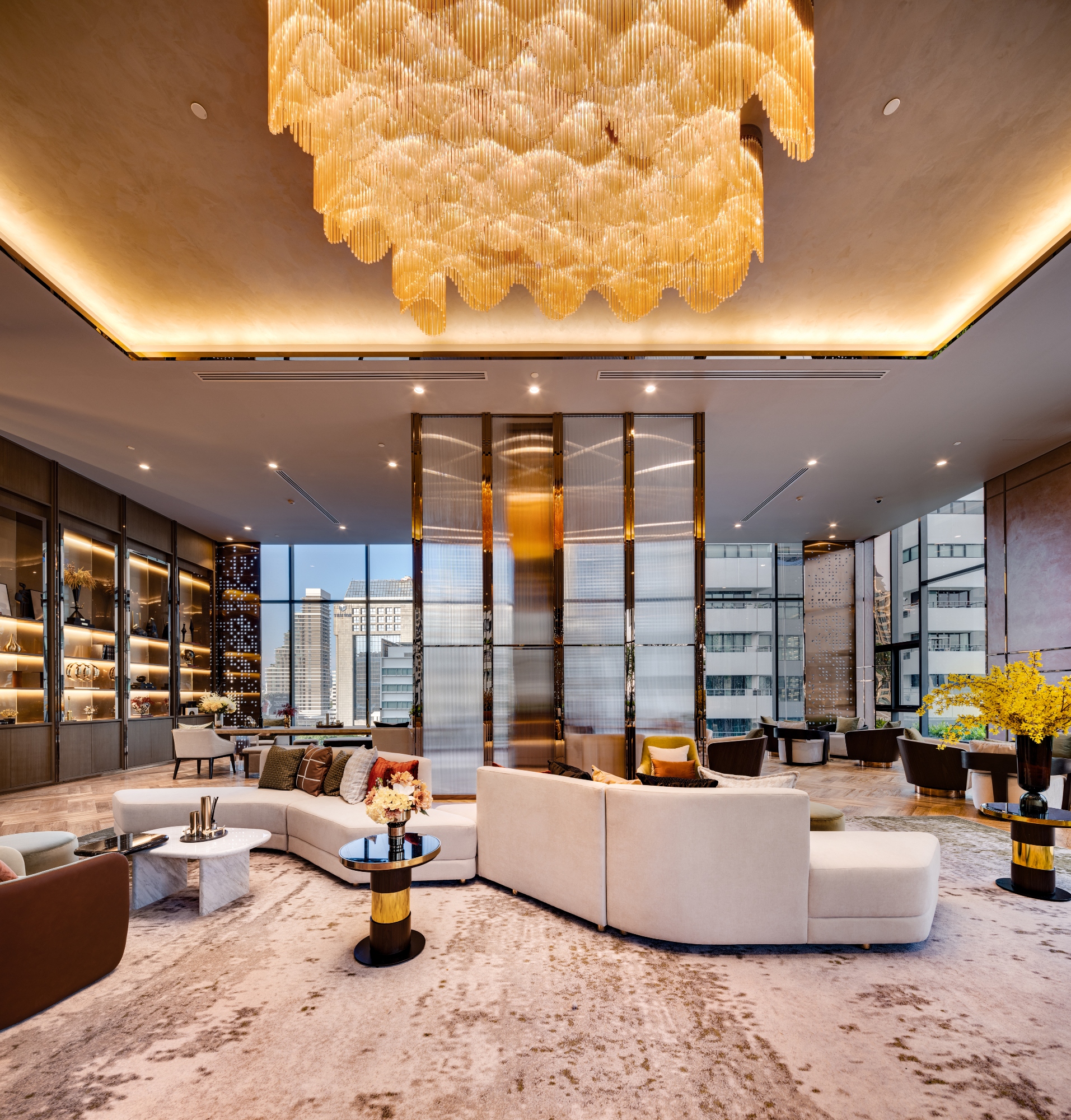
Supalai Icon Sathorn, Bangkok
Sensia in Dubai reinterprets Art Deco glamour. Located in Dubai Maritime City, it merges the theatrical grandeur of the 1920s with contemporary urban living. Public spaces feature bold geometric detailing and rich materiality, while private residences remain serene, offering understated elegance. The result is a residential experience that feels both iconic and intimate—where everyday life is elevated by design.
These projects exemplify how residential environments are evolving beyond the traditional home, drawing from hospitality design principles to offer immersive, emotionally resonant experiences.
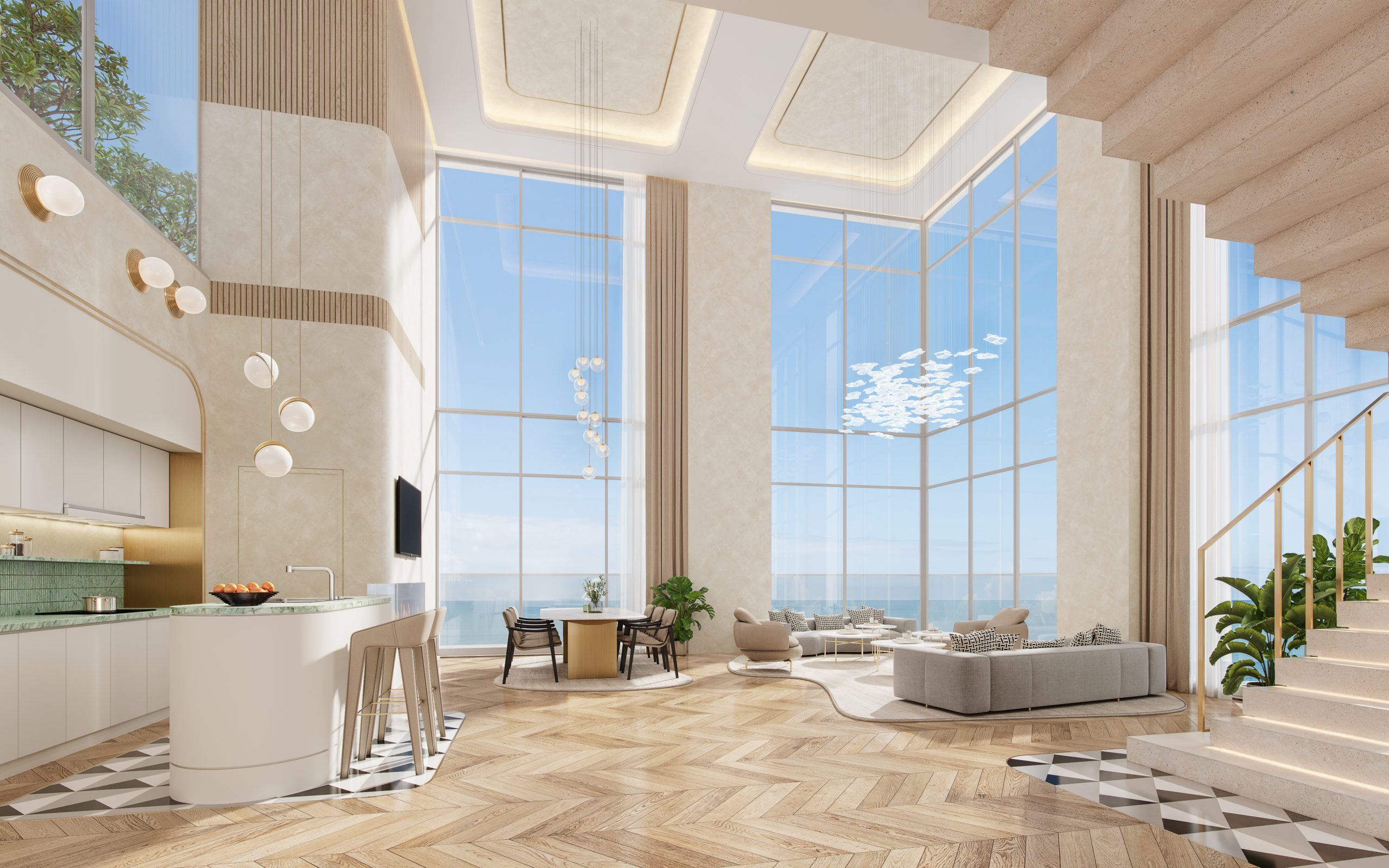
Sensia by Beyond, Dubai
The Workplace as Destination: The New Talent Imperative
In the commercial sector, workplace quality is a decisive tool for talent attraction and retention. Businesses seek comfort, choice, and convenience previously reserved for resort settings, moving away from sterile functionalism.
Charlie Kelly, Regional General Manager for the Middle East at dwp, observes: “The workplace is now part of what companies offer employees. It’s not simply where work happens—it’s an active statement about culture, values, and how much you invest in your people’s daily experience.”
This demand translates into flexible, human-focused design, exemplified by Informa Dubai and L’Oréal Bangkok.
At Informa Dubai, the design merges efficiency with a hospitality lounge ambience. The space integrates collaborative hubs and social zones to encourage connection and creativity. Natural light, tactile finishes, and integrated technology ensure seamless functionality. Every area is inviting and energised, redefining the office as a destination rather than obligation.
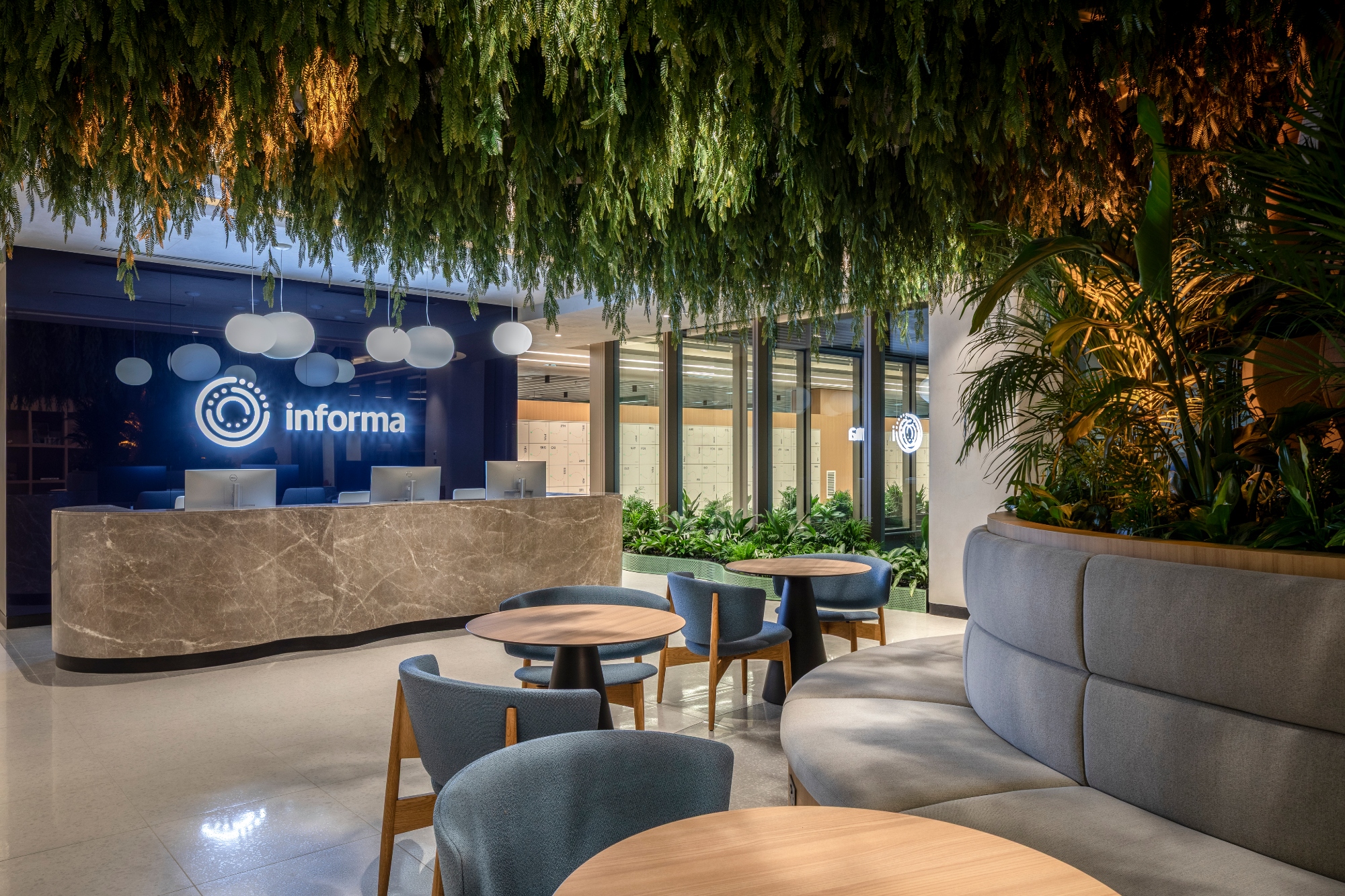
Informa, Dubai
L’Oréal Bangkok reimagines corporate culture through well-being and brand experience. Reflecting the company’s commitment to diversity and sustainability, the workplace features open-plan collaboration, a beauty lounge, flexible meeting rooms, and wellness-focused break zones. Healthy materials and circular design principles are embedded throughout, creating a vibrant environment that prioritises employee engagement.
“The modern workplace must transcend function,” adds Whittaker. “We’re designing spaces that nurture productivity, creativity, and genuine human connection. Hospitality taught us that the environment shapes behaviour and emotion.”
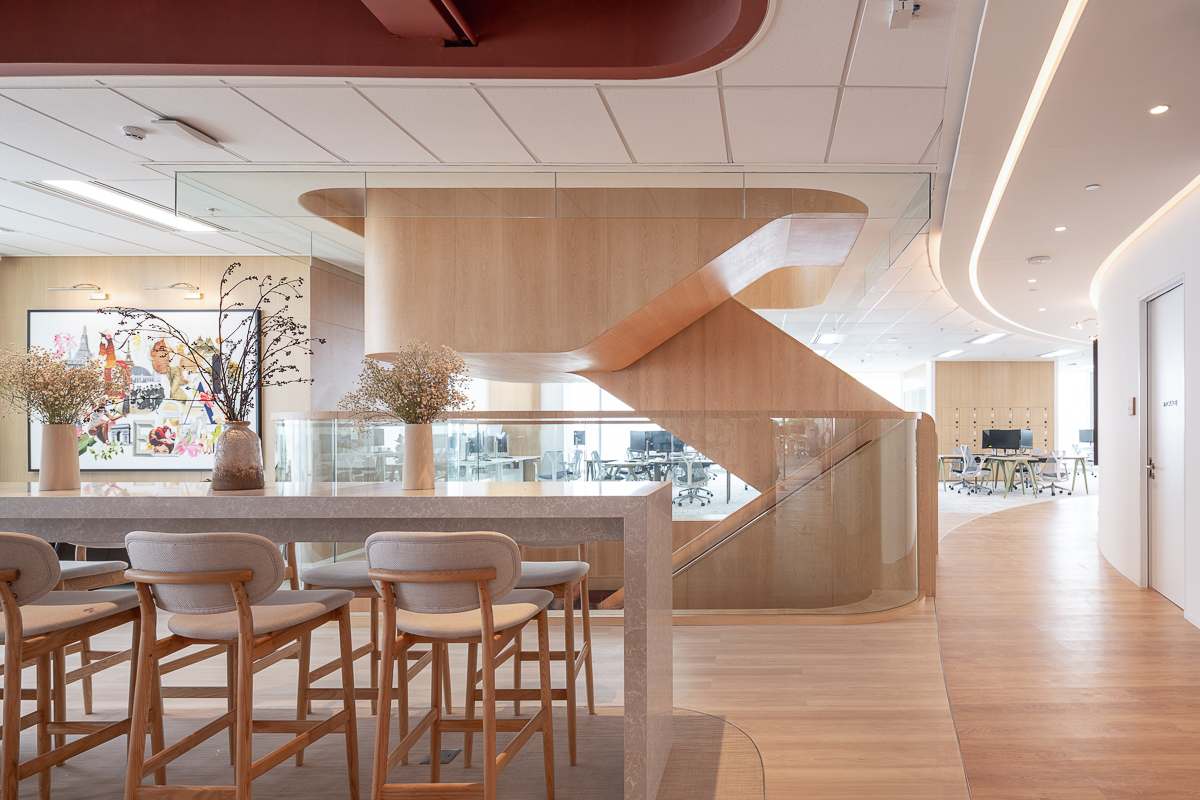
L’Oréal Office, Bangkok
Both projects demonstrate how contemporary workplaces offer experiences once reserved for luxury hotels—supporting productivity, creativity, and authentic human interaction.
The Ultimate Luxury: Invisible Intelligence
The success of this cross-sector evolution lies in intelligent integration. It moves beyond visible features to embed technology that ensures flawless functionality. It also means maintaining commitment to authentic essence, grounding modern experiences in cultural relevance and timeless craftsmanship.
“The best technology disappears,” notes Graur. “When climate control, lighting, and security all work intuitively, that’s when you achieve true luxury. People shouldn’t interact with systems—they should simply live well.”
Across dwp’s portfolio, from luxury residential destinations to corporate workplaces, the firm ensures this convergence. They design environments where technology serves invisibly and materials reflect cultural understanding.
“Dubai has taught us that you can invent new typologies,” concludes Kelly. “The convergence of hospitality thinking with residential and workplace design isn’t a trend—it’s the new baseline. The question is simply how well you execute it.”
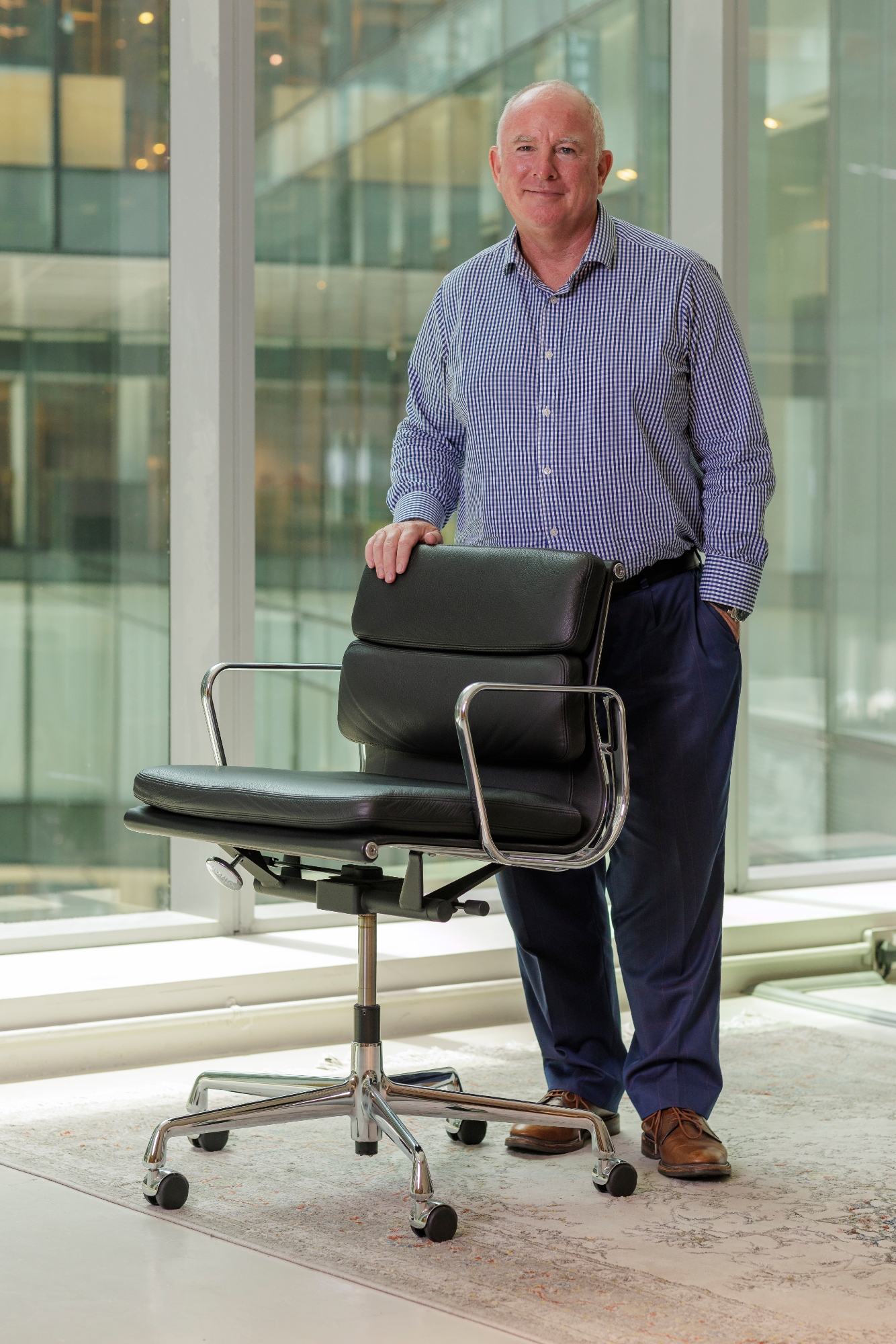
Charlie Kelly, dwp. Regional Director Middle East
Tags: Abu dhabi, Agile workspace, Archi, Architect, Architecture, Artist, Asia, Bangkok, Bar, BIM, Blog, Boutique, Business, Civic, Construction, Content, Creativity, Culture, Design, Designer, Digital, Digital technology, Digital transformation, Digitisation, Drink, Dubai, Education, Experience, F&B, Food, Future, Health, Hicap, Ho chi minh, Hospitality, Hotel, Hotel design, Information, Innovation, Interior, Interior design, Interior designer, Interview, Knowledge, Lebua, Lifestyle, Luxury, Luxury design, Luxury interior, Marriott, Profile, Residential, Restaurant, Saigon, Sky, Studio, Success, Sustainibility, Tech, Technology, Thailand, Trends, Video, Vietnam, W hotel, Women
